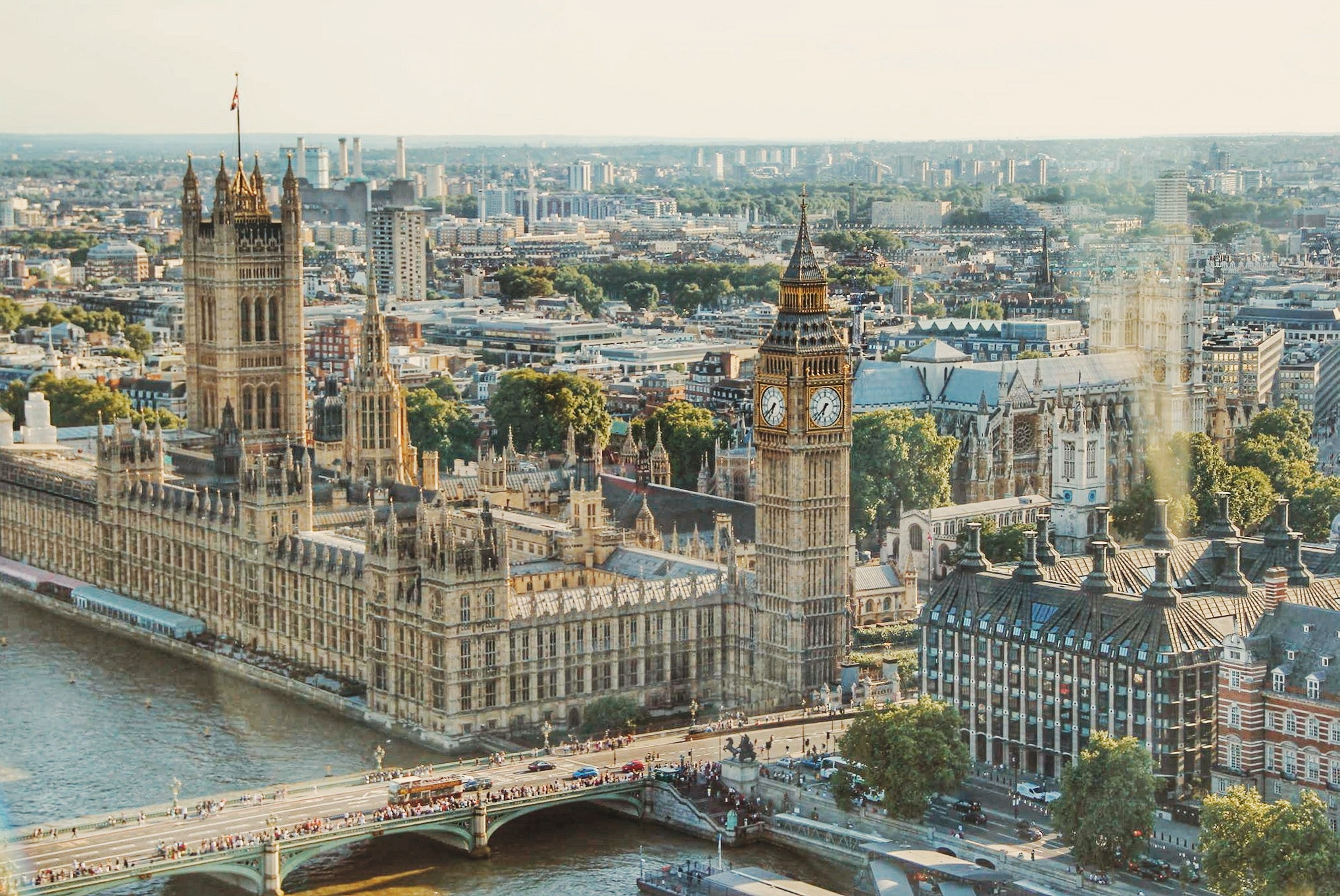You might be aware that a consultation took place between February and July last year seeking opinions around how to better protect people from the risk of terrorist attacks at publicly accessible locations. In January this year, the Government published the findings of this Protect Duty consultation and affirmed its commitment to legally obliging more venues to provide better security and to be more prepared in the event of a terrorist attack taking place.
The background to the Protect Duty
The Protect Duty has evolved from the Martyn's Law campaign, started by Figen Murray after the tragic loss of her son Martyn Hett in the 2017 Manchester Arena bombing. It has been championed by victims’ groups to push for legislation to substantially improve security; last year’s consultation was intended to gauge opinion about creating new legislation to improve protection in publicly accessible locations, and to ensure greater preparedness if there was a terrorist incident.
As you would expect, the definition of a publicly accessible location is very broad. In the consultation it’s defined by the Government as “… any place to which the public or any section of the public has access, on payment or otherwise, as of right or by virtue of express or implied permission.”
It goes on to cite examples of these types of locations, including sports stadiums; festivals and music venues; hotels; pubs and clubs; retail stores; shopping centres and markets; schools and universities; medical centres and hospitals; places of worship; Government offices; job centres; and many other open spaces.
What are some of the key points from the responses to the consultation?
The consultation received 2755 responses in total from a range of organisations, sectors and campaigners. And there was clear support for the overall proposal to bring in more robust security measures, including legislating for greater protection against terrorist attacks.
7 in 10 respondents believed that those responsible for publicly accessible locations must introduce appropriate and proportionate measures to protect the public from attacks, such as ensuring staff receive specific training in how to respond. There was also consensus that venue size should influence the measures required, with smaller and medium sized venues not facing the same requirements as larger ones to avoid placing an ‘undue burden’ on them. A desire for very clear accountability was also apparent, particularly in terms of clarity over roles and responsibilities for event organisers and owners. Respondents also specified the need for guidance to help businesses comply, including advice on physical security measures like CCTV, and in activities like conducting security risk assessments.
Even though there is currently no specific legislative requirement obliging organisations and businesses to consider security measures against terrorism, many are already taking steps to improving security at their premises. The consultation highlighted that 50% of respondents were already carrying out risk assessments to specifically address the terrorism threat; as a result, a considerable number of organisations already have many effective security measures in place. This will provide them with a strong foundation for identifying and implementing future steps needed to comply with any legislation that’s introduced.
What is happening now?
More details about the specifics of what the Duty will consist of, and what the required security measures will be, are yet to be confirmed.
The Government has acknowledged the message that came through the consultation about the need to be proportionate and strike an appropriate balance that increases public safety while not putting unrealistic burdens onto smaller businesses and organisations. Venue capacity is expected to be one important determinant about where the legal requirements will apply. There is also the possibility of the creation of an inspectorate to support improvements to security culture and overall enforcement – although the consultation did highlight concerns about costs and whether this could lead to ‘heavy-handed’ enforcement. The timetable for the Duty becoming law remains to be seen although it is anticipated that it will be introduced this year.
Do you need to improve security in your premises?
Given what the Government calls the multifaceted, diverse and continually evolving terror threat in the UK it is important to regularly review whether security arrangements remain sufficient. If you would like any guidance about ways to improve security at your premises, please don’t hesitate to contact us.
